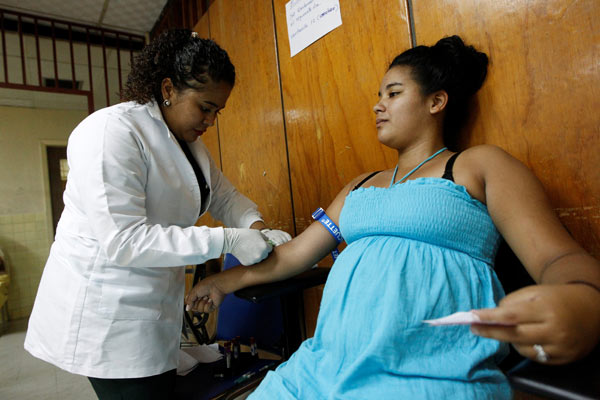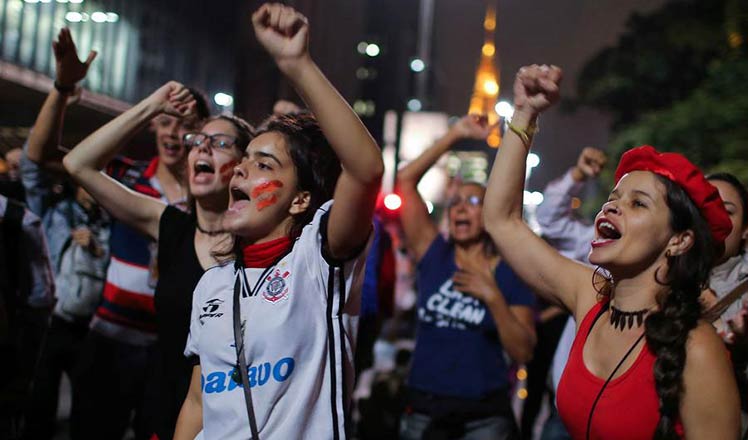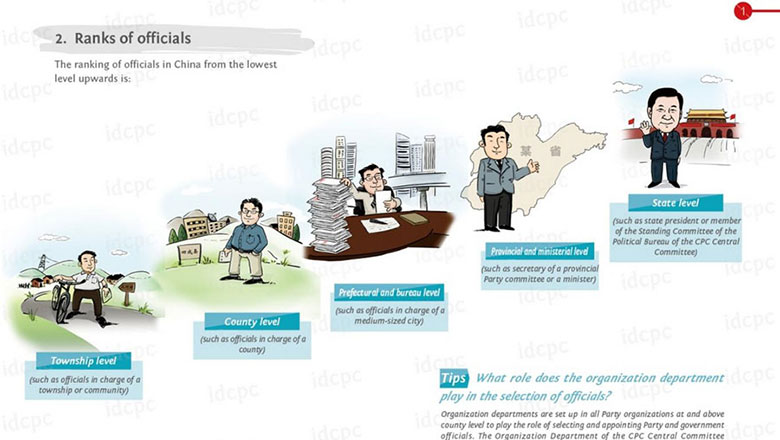Pregnant women advised to avoid Rio Olympics amid Zika risks
Updated: 2016-05-13 05:12
(Xinhua)
|
||||||||
 |
|
A nurse extracts blood from a pregnant woman as part of a general routine check, which includes examination for mosquito-borne viruses like Zika, at the maternity ward of the Hospital Escuela in Tegucigalpa, Honduras, April 15, 2016. [Photo/Agencies] |
GENEVA -- The World Health Organization (WHO) and the Pan American Health Organization (PAHO) on Thursday advised pregnant women not to travel to Rio de Janeiro during the Olympics even though the games will take place during Brazil's wintertime when there are fewer active mosquitoes and the risk of being bitten is lower.
According to a statement, WHO and PAHO recognize that athletes and visitors are seeking more information on the risks of Zika and ways to prevent infection while attending the 2016 Rio Olympic and Paralympic Games in the summer.
Brazil is one of the 58 countries and territories which to date report continuing transmission of Zika virus by mosquitoes.
Zika virus disease usually causes mild symptoms, and most people will not develop any symptoms. However, there is scientific consensus that Zika virus is a cause of microcephaly and other brain malformations and disorders in babies born to women who were infected with Zika virus during pregnancy.
WHO and PAHO encourage athletes and visitors to Rio de Janeiro, and other areas where Zika virus is circulating to follow the travel advice provided by WHO and their countries' health authorities, and consult a health worker before travelling.
Whenever possible, during the day, protect themselves from mosquito bites by using insect repellents and by wearing clothing that covers as much of the body as possible.
Considering the Zika virus could be transmitted by unsafe sex, WHO and PAHO suggest athletes and visitors to practice safer sex or abstain from sex during their stay and for at least four weeks after their return, particularly if they have had or are experiencing symptoms of Zika virus.
WHO is providing public health advice to the government of Brazil and, under a Memorandum of Understanding, the International Olympic Committee and, by extension, the Rio 2016 Local Organizing Committee, on ways to further mitigate the risk of athletes and visitors contracting Zika virus during the Games.
- Chinese team cracks Zika secret
- Chinese researchers find direct evidence that Zika causes microcephaly in mice
- 4th case of Zika virus confirmed in S. Korea
- Almost one-sixth of Brazil's confirmed microcephaly cases linked to Zika
- 500 million people at risk of contracting Zika in Americas: PAHO official
- Overseas help asked for return of suspects
- Harvard University welcomes first Chinese student speaker at commencement
- Officials provide personal touch in legal disputes
- Wenchuan Earthquake eight years later: never forget
- Students' allegations of poisoning dismissed
- Smoking declines after increase in tobacco tax
- First joint EU-China civil exercise begins in Shanghai
- Uncertainty over EU referendum vote impacts UK economy: Think-tank
- Canadian miner sells world's most expensive rough diamond for record $63 million
- German, Cuban FMs hold talks on bilateral cooperation
- Putin prevails in Sochi all-star ice hockey game
- US guided-missile destroyer visits Tonga

 High-tech gadgets shine at CES Asia in Shanghai
High-tech gadgets shine at CES Asia in Shanghai
 Cannes Film Festival opens amid terror threat
Cannes Film Festival opens amid terror threat
 Supporters of Rousseff clash with police as her removal looms
Supporters of Rousseff clash with police as her removal looms
 Lego opens world's largest store at Shanghai Disney
Lego opens world's largest store at Shanghai Disney
 Exhibition of table setting art held in Beijing
Exhibition of table setting art held in Beijing
 Shanghai Disney Resort starts internal test run
Shanghai Disney Resort starts internal test run
 Top 10 events between Shanghai and Beijing auto shows
Top 10 events between Shanghai and Beijing auto shows
 CPC creates cartoon to show how officials are selected
CPC creates cartoon to show how officials are selected
Most Viewed
Editor's Picks

|

|

|

|

|

|
Today's Top News
Liang avoids jail in shooting death
China's finance minister addresses ratings downgrade
Duke alumni visit Chinese Embassy
Marriott unlikely to top Anbang offer for Starwood: Observers
Chinese biopharma debuts on Nasdaq
What ends Jeb Bush's White House hopes
Investigation for Nicolas's campaign
Will US-ASEAN meeting be good for region?
US Weekly

|

|







